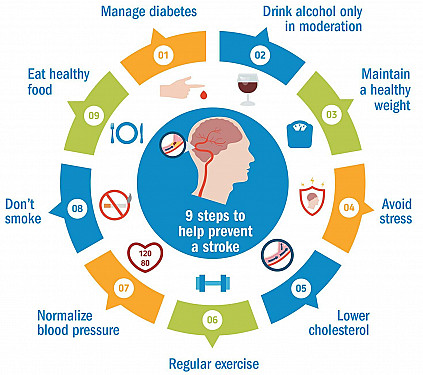Meditation and a relaxation technique to lower blood pressure

If you're looking for simple ways to lower your blood pressure, relaxation techniques like meditation might be just what you need to calm both your mind and your heart.
Several practices that help calm the mind can also lower blood pressure. All are types of meditation which use different methods to reach a state sometimes described as "thoughtful awareness" or "restful alertness."
Blood pressure benefits of quieting the brain
One technique, designed to evoke the so-called relaxation response, has been found to be helpful with high blood pressure and other disorders caused or made worse by stress. The technique, developed by Dr. Herbert Benson, the creator of the Harvard-affiliated Benson-Henry Institute for Mind Body Medicine, is the opposite of the stress-induced fight-or-flight response. This self-induced quieting of brain activity has aspects of both transcendental meditation and mindfulness meditation.
In one of Dr. Benson's studies, elderly people with hard-to-treat isolated systolic hypertension underwent relaxation response training. The study participants were more likely to control their blood pressure to the point in which some could reduce and even eliminate their blood pressure medications.
Other research revealed that when blood pressure falls during the relaxation response, inflammation and blood vessel constriction become less active and blood vessels widen. The institute recommends practicing the relaxation response twice a day, for 10 to 20 minutes.
Here's how to practice the relaxation response:
- Sit in a quiet place with your eyes closed.
- Relax your muscles and silently repeat a word, phrase, sound, or short prayer of your choosing over and over.
- When stray thoughts interfere (as they will), let them come and go and return to your word, phrase, or sound.
For more on getting your blood pressure under control, check out Controlling Your Blood Pressure, a Special Health Report from Harvard Medical School.
Image: © Zinkevych/Getty Images
Disclaimer:
As a service to our readers, Harvard Health Publishing provides access to our library of archived content. Please note the date of last review or update on all articles.
No content on this site, regardless of date, should ever be used as a substitute for direct medical advice from your doctor or other qualified clinician.















